
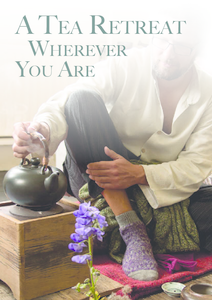 |
|
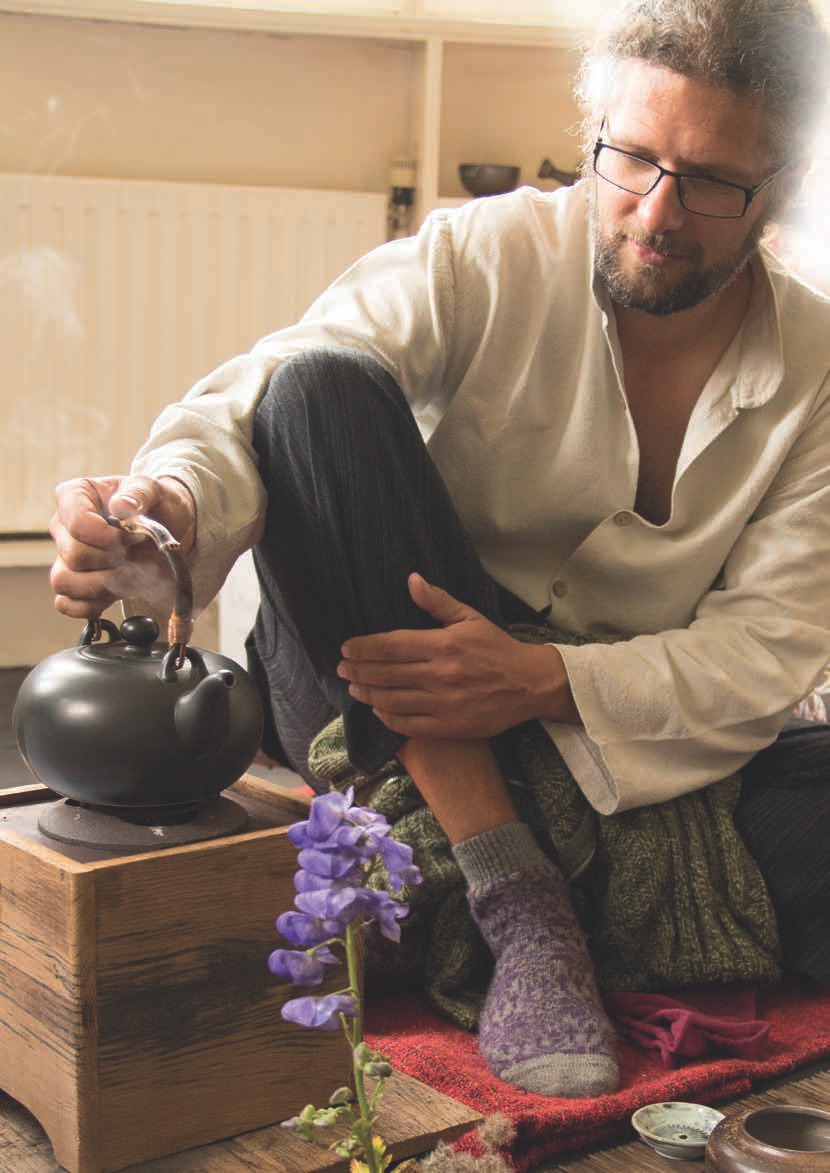
I felt inspired to share with you my experience with organizing retreats with fellow practitioners, and to give some advice to those who would love to facilitate such a retreat themselves.
I would highly recommend any of you to organize your own retreat, especially together with others. The retreats we had with fellow Chajin in the Netherlands were truly wonderful and inspiring! They not only supported us in our practice of meditation and tea, but they also helped to forge a local community or "sangha." It has been incredibly helpful to have people around who motivate and inspire me on my path of meditation and tea. I'm very happy that in the past few years I have made an effort to help this local community take root, and to be nourished by the fruits that have arisen from the same seeds. I invite every one of you to make an effort to surround yourself with people who inspire you in your practice and support you in being a more kind, compassionate and present human being!
The first piece of advice for preparing a retreat is very simple: prepare as much as possible. It is already very difficult to maintain a meditative mind if we just sit on a pillow without having to do anything, let alone when we have to organize a bunch of things! The more you prepare, the less you have to think about during the retreat, and the more space you have to focus on the present moment. Our teacher says, "making space for meditation is the primary meditation." Make up a schedule, write down a menu and then divide the tasks. Prepare to the point that by the time the retreat starts you only need to give a brief introduction talk after which everyone knows exactly what the retreat will look like and what his or her role in it is. Perhaps you want to divide some tasks, such as shopping for food or the preparation of meals. Communicate anything you want to delegate clearly and make sure that the person executing the task understands what to do. Finally, make sure you have some last minute checks in place, of your responsibilities as well as others, so that unexpected organizational issues don't come up during the retreat. Anything you don't have to think about during the retreat is one less potential distraction!
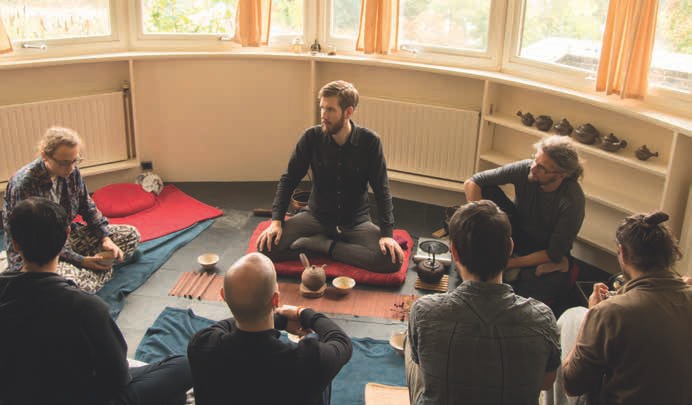
One of the less practical but most important pieces of advice that I could give is to remove as much "I" from the retreat and its organization as possible, and to respect your limitations as a student. Serving tea in a ceremonial way is about offering a space for people to connect to themselves, Nature and each other. Teachers have many different tools at their disposal to point the way. Students, however, have to accept the tools they have and their limitations. Honoring the source of any wisdom or tradition is essential for our capacity to embody and implement that wisdom in our lives. Even Wu De, after decades of practice and being a student, still feels unqualified to teach and says that there is still so much more to learn. Perhaps this little bit of doubt, together with a healthy portion of curiosity and "beginner's mind," is exactly what makes him a good teacher!
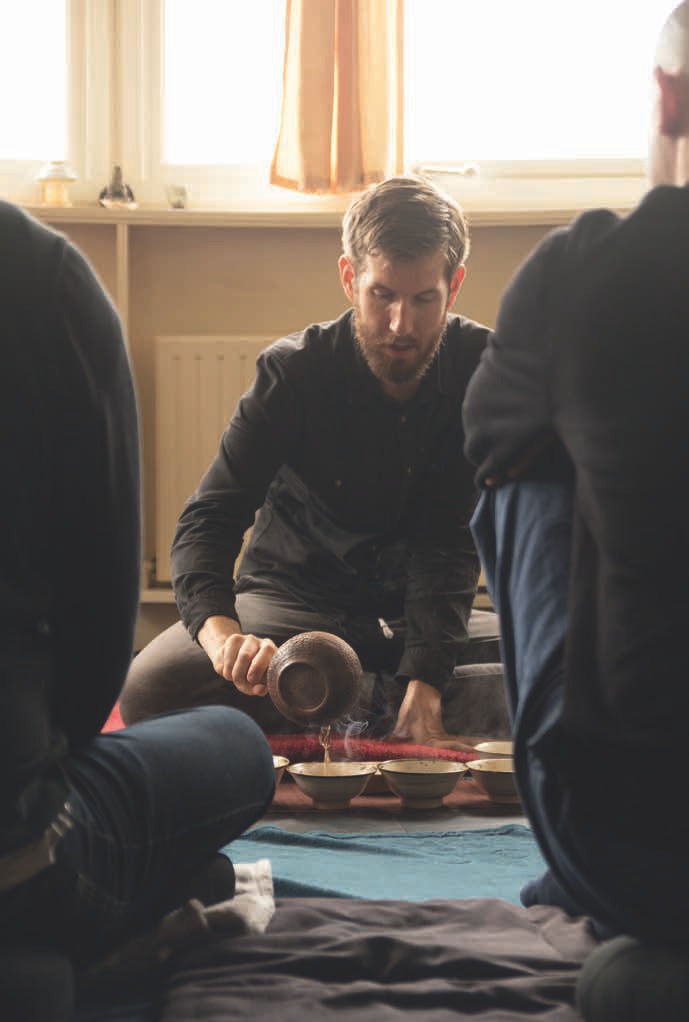
Why do I say all of this? Because I feel that the boundaries between the roles as an organizer versus a teacher can become blurry, especially when organizing a retreat. I feel that for the sake of the retreat, it is very important that we do not take on a role that goes beyond our qualifications. That is why I love the word "facilitation" when it comes to organizing gatherings, retreats or events. As long as we remind ourselves that we are facilitating, rather than creating or giving, and use ways of organization and communication that are in line with this wisdom, we create a much safer environment for practice. One where our self-centered ego will not so easily get involved. In this way, just like in our tea ceremonies, we provide clean, empty vessels through which anything can flow freely. We act and make decisions based on what is in the interest of the retreat, the retreatants and their practice.
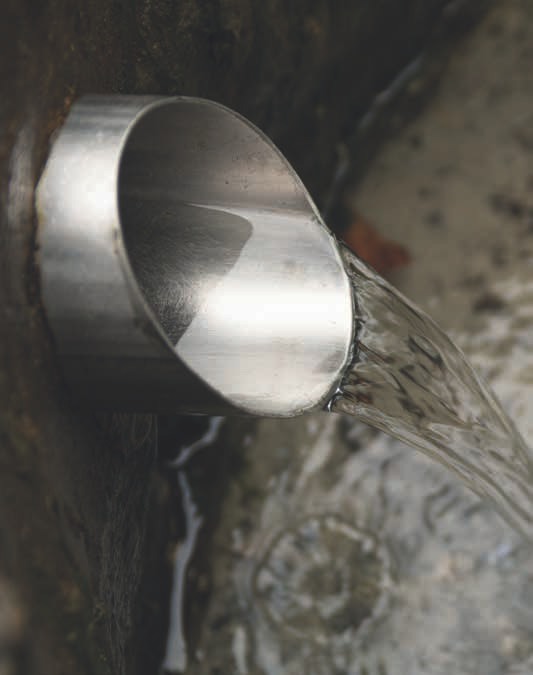
It helps to keep the "I" out of the retreat is organizing it together with one or two other Chajin. This way, whenever you make a decision, you can check with the co-organizers if they think it is beneficial for the retreat and its retreatants as well. Since there is no formal guide in this kind of retreat, it helps to involve everyone. Something I learned early on, when I first started serving tea, is that when the server is uncomfortable talking to large groups, the gathering can be organized to go around and let everyone share instead. This takes the pressure off the server, and makes the gathering communal. I applied this same philosophy to the retreat. Hopefully, that will comfort any of you who were reluctant to host Global Tea Hut gatherings or retreats out of shyness or a feeling of being unqualified. We hope to see more retreats this year!
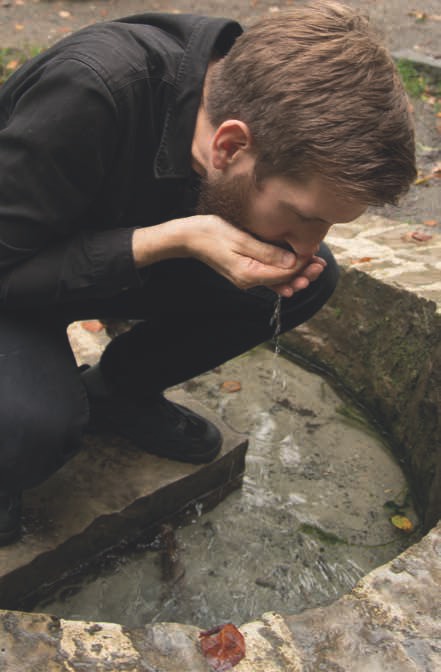
Another way we arranged for equality within the retreat amongst students was by letting different Chajin, with experience serving tea, host one of the tea sessions. It is not only very inspiring to receive all these heartfelt offerings from your brothers and sisters throughout the retreat, but it also creates more balance and equality amongst all students. Retreatants who were not serving one of the tea sessions were cooking one of the meals. This was equally wonderful as this made it possible for everyone to serve in one way or another. The Zen master Dogen spoke at length about the role of the cook in the monastery - a topic we have covered in previous issues. He asserts that the cook is the most important mo in the monastery, as it is her food which fuels all practice. This gives everyone a chance to be the cook!
During a retreat, it can be very encouraging and inspiring to receive meditation instructions or teachings. They can help us to stay skillfully focused and motivated to practice. During our last retreat, we used Wu De's meditation instructions. We also used one of Wu De's recent podcasts as a discourse. There are, of course, many other inspiring discourses out there from different teachers. I'd strongly suggest looking for some material that is appropriate for your retreat! I also suggest choosing a discourse that is simple and that doesn't talk about subjects that are outside of the scope of what is practiced during the retreat itself. For this particular retreat a discourse about meditation, tea or both is therefore ideal.
Obviously, the ideal for this would be to purchase the new discourses which we have just published, as discussed on p. 37. This will help support the Center and then you will also have more than enough great material for a retreat, as there are six days of very, very profound talks given by Wu De and Dave Melladew. In fact, these discourses are the perfect reason to organize a retreat in your area, bringing Global Tea Hut members together to meditate, drink tea and listen to these life-changing lectures!
In order to receive and apply the teachings, it is important that we are in as quiet, open and receptive a state of mind as possible. Therefore, it is often nice to listen to a discourse after a meditation period, especially at the end of a whole day of practice.
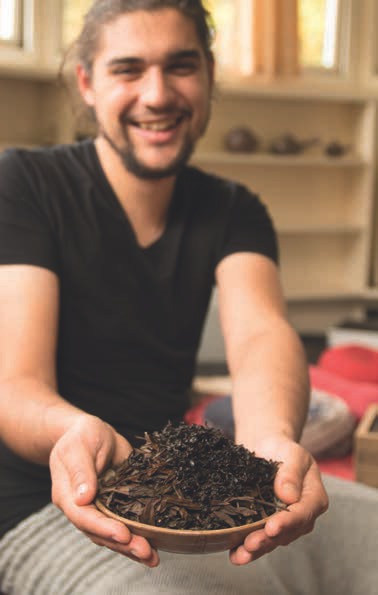
Finally, serving voluntarily without receiving anything in return is essential for the health and safety of the retreat as well. I strongly suggest not asking for any financial compensation for the time and effort you put into organizing a retreat. Wisdom and awakening are always freely available for everyone already; there is no sense in charging people for work they do on themselves. It is very much in the spirit of Tea and ceremony to give freely. Once we start asking anything in return it quickly becomes a service, and it loses most of its medicinal power for many different reasons that go beyond the scope of this article. You can, of course, suggest everyone to share any financial costs equally, but do not ask for anything more! That said, we did ask people if they would agree to share financial costs equally when unexpected things came up as well. One time, we ended up having to rent a car at the last minute, for example, and everyone was happy to share the costs because we clearly communicated in the beginning.
There are many more experiences I could share about organizing retreats, and I could probably devote an entire article just to the countless practical details. I recognize that for many it might be a bit overwhelming to step into this role straight away. But remember, there is no need to rush into this. Take your time, start by sitting a couple of mini-retreats by yourself, or sit together with some friends for a one-day sit. You can always ask for help in your local community, which I have done every time, or consult the crew at the Hut or Wu De. At least you can notify them that you are facilitating a retreat and ask them to raise a bowl of tea for all the retreatants!
I strongly suggest using some sort of "code of conduct" for your retreat. However, you do not have to call them that. I very much like the way the guidelines are proposed at the Tea Sage Hut, simply stated: "While I'm here...." Feel free to change them slightly, or to add some more, to better suit the occasion. Especially if it's a short retreat, I'd suggest proposing everyone to stay offline and to maintain noble silence for part or the entire retreat, for example. Noble silence means silence of body, speech and mind.
While I'm here, I agree:
6:30 AM: Wake-Up Bell (Noble Silence) 7:00 - 8:00 AM: Morning Meditation (Meditation Instructions on the First Day) 8:00 - 9:30 AM: Breakfast/Rest (Noble Silence Ends) 9:30 - 11:30 AM: Bowl Tea 11:30 - 12:30 AM: Free Time (Meal Preparation) 12:30 - 2:30 PM: Lunch/Rest 2:30 - 4:30 PM: Gongfu Tea 4:30 - 6:00 PM: Free Time (Meal Preparation) 6:00 - 8:00 PM: Light Dinner/Rest 8:00 - 9:00 PM: Evening Meditation 9:00 - 10:15 PM: Discourse 10:30 PM: Lights Out